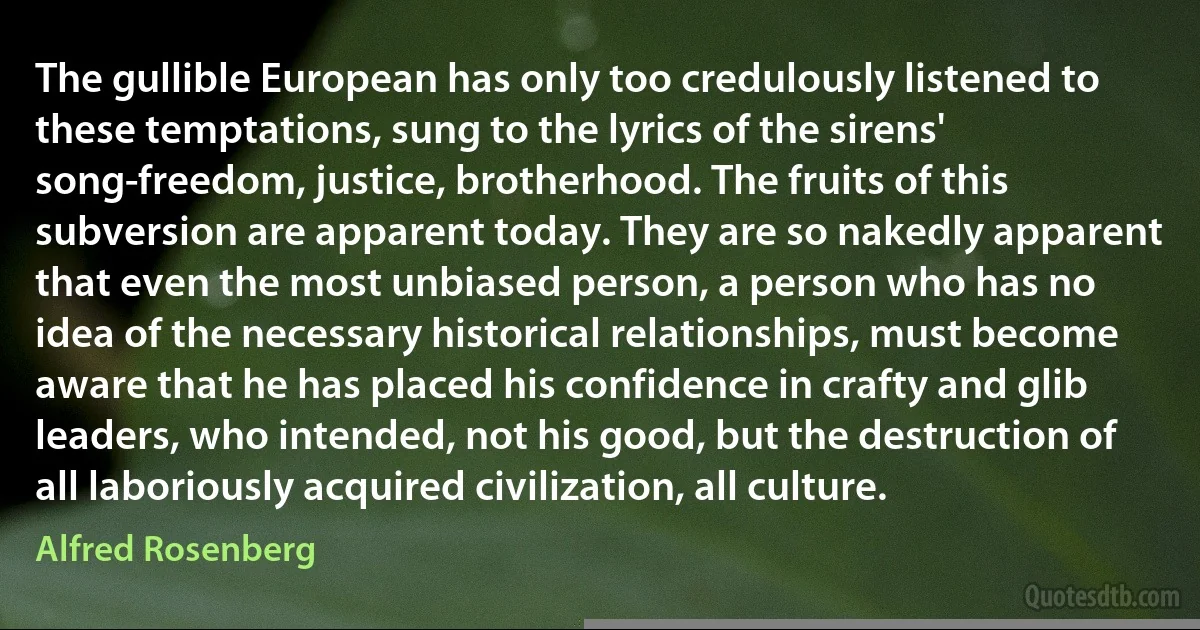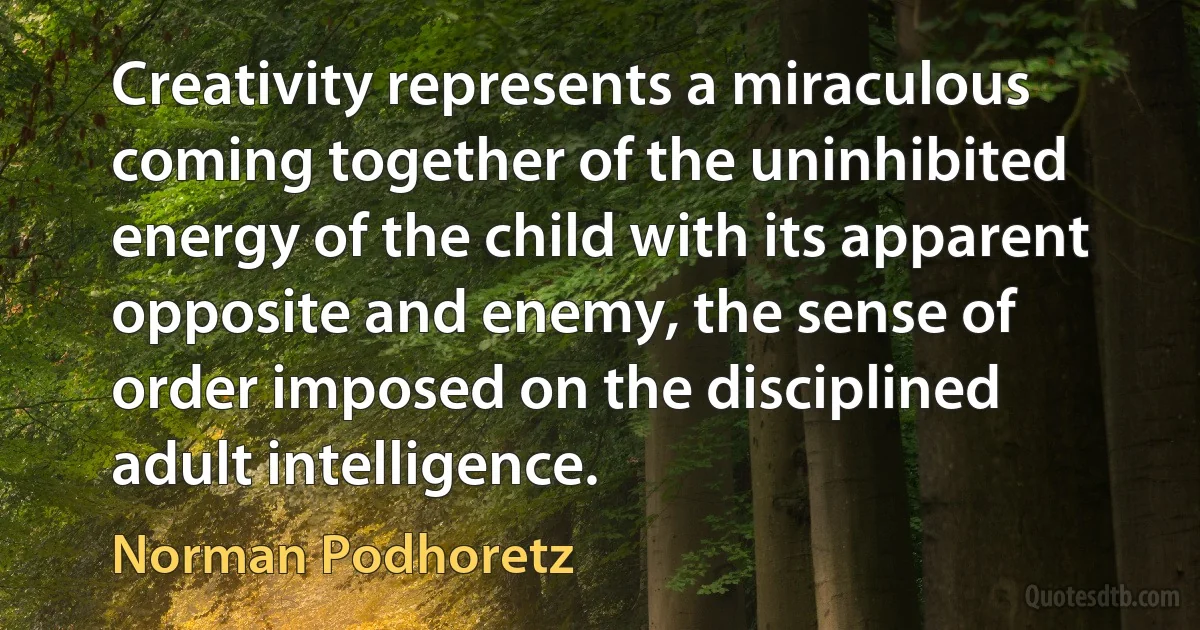Apparent Quotes - page 10
If we study the history of science we see happen two inverse phenomena... Sometimes simplicity hides under complex appearances; sometimes it is the simplicity which is apparent, and which disguises extremely complicated realities.
...No doubt, if our means of investigation should become more and more penetrating, we should discover the simple under the complex, then the complex under the simple, then again the simple under the complex, and so on, without our being able to foresee what will be the last term. We must stop somewhere, and that science may be possible, we must stop when we have found simplicity. This is the only ground on which we can rear the edifice of our generalizations.

Henri Poincaré
This book raises issues that might not be apparent from the table of contents.
It sketches some of the difficulties faced by our civilization - a civilization which might be perhaps described as aiming at humanness and reasonableness, at equality and freedom; a civilization which is still in its infancy, as it were, and which continues to grow in spite of the fact that it has been so often betrayed by so many of the intellectual leaders of mankind. It attempts to show that this civilization has not yet fully recovered from the shock of its birth - the transition from the tribal or "enclosed society," with its submission to magical forces, to the 'open society' which sets free the critical powers of man. It attempts to show that the shock of this transition is one of the factors that have made possible the rise of those reactionary movements which have tried, and still try, to overthrow civilization and to return to tribalism.

Karl Popper
A healthy forest, untouched by forestry technology, is made up of a strange mixture of vegetation. Alongside well-defined areas of noble trees, conditions of apparent chaos can be found, which can best be described as irregular confusion. People who are not aware of the importance of the balance in Nature, of which the forest is a part, want to clear areas of everything they do not consider to be useful. A great deal of sensitive concern and observation is necessary to begin to understand why Nature depends on an apparently chaotic disorder.

Viktor Schauberger
The principles and practices of democracy continue to spread ever more widely, and it is hard to imagine that there is a corner of the globe into which they will not eventually penetrate. But the euphoria of democratic revolutions is typically short-lived, and its attainment seems typically to be followed by disgruntlement and even cynicism about the actual operation of democratic institutions. It might be widely accepted that democracy is a good thing, yet it is equally apparent that democrats have much work to do in improving the performance of democratic institutions. Of course, it is far easier to perceive the need for reform than to prescribe specific proposals.

Ian Shapiro
And yet, and yet . . . Denying temporal succession, denying the self, denying the astronomical universe, are apparent desperations and secret consolations. Our destiny is not frightful by being unreal; it is frightful because it is irreversible and iron-clad. Time is the substance I am made of. Time is a river which sweeps me along, but I am the river; it is a tiger which destroys me, but I am the tiger; it is a fire which consumes me, but I am the fire. The world, unfortunately, is real; I, unfortunately, am Borges.

Jorge Luis Borges
I guess I've had only one question all my life. Why do emergent selves, virtual identities, pop up all over the place creating worlds, whether at the mind/body level, the cellular level, or the transorganism level? This phenomenon is something so productive that it doesn't cease creating entirely new realms: life, mind, and societies. Yet these emergent selves are based on processes so shifty, so ungrounded, that we have an apparent paradox between the solidity of what appears to show up and its groundlessness. That, to me, is a key and eternal question.

Francisco Varela
Program designers have a tendency to think of the users as idiots who need to be controlled. They should rather think of their program as a servant, whose master, the user, should be able to control it. If designers and programmers think about the apparent mental qualities that their programs will have, they'll create programs that are easier and pleasanter - more humane - to deal with.

John McCarthy (computer scientist)
The question of the principle of the form of the intelligible world turns, therefore, upon making apparent in what manner it is possible for several substances to be in mutual commerce, and for this reason to pertain to the same whole, which is called world. We do not here consider the world, let it be understood, as to matter, that is, as to the nature of the substances of which it consists, whether they be material or immaterial, but as to form, that is to say, how among several things taken separately a connection, and among them all, totality can have place.

Immanuel Kant
It has been the persuasion of an immense majority of human beings in all ages and nations that we continue to live after death,-that apparent termination of all the functions of sensitive and intellectual existence. Nor has mankind been contented with supposing that species of existence which some philosophers have asserted; namely, the resolution of the component parts of the mechanism of a living being into its elements, and the impossibility of the minutest particle of these sustaining the smallest diminution. They have clung to the idea that sensibility and thought, which they have distinguished from the objects of it, under the several names of spirit and matter, is, in its own nature, less susceptible of division and decay, and that, when the body is resolved into its elements, the principle which animated it will remain perpetual and unchanged.

Percy Bysshe Shelley
Everything is literally entangled, it can all be communicated with and affected 'at a distance' because there is no distance, only a simulation of apparent separation which our limited consciousness feeds us second by second at 11 bits. The 'telepathy' which brings people together is no more or less supernatural or unlikely than the 'telepathy' which brings two of your fingers together when you think about it. Patience, participation and constant close observation of what's going on, on the inside and on the outside will soon make you a fine sorcerer, if that's what you want to be.

Grant Morrison
A conventional ‘success' story is one where, with each next, the protagonist has more money, more respect, and more possessions. I'd like to suggest an alternative ‘success' story – one where, with each next, the protagonist is closer to finding that spot where he's no longer held back by his heart, and he explodes with talent, and his character blossoms, and the gift he has to offer the world is apparent.

Po Bronson

![Turning finally to the question raised, to be precise, it appears that [Hillary] Clinton received a slight majority of the vote. The apparent decisive victory [of Donald Trump] has to do with curious features of American politics: among other factors, the Electoral College residue of the founding of the country as an alliance of separate states; the winner-take-all system in each state; the arrangement of congressional districts (sometimes by gerrymandering) to provide greater weight to rural votes (in past elections, and probably this one too, Democrats have had a comfortable margin of victory in the popular vote for the House, but hold a minority of seats); the very high rate of abstention (usually close to half in presidential elections, this one included). Of some significance for the future is the fact that in the age 18-25 range, Clinton won handily, and Sanders had an even higher level of support. How much this matters depends on what kind of future humanity will face. (Noam Chomsky)](https://cdn.quotesdtb.com/img/quotes_images_webp/80/noam-chomsky-abstention-age-276380.webp)

